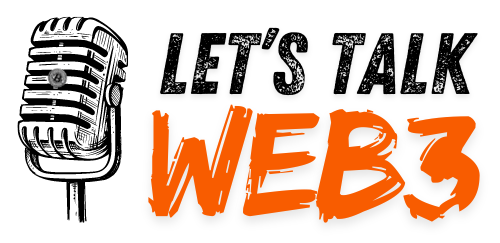ETC Group advised investors to hold Ethereum (ETH), Solana (SOL), and Aptos (APT) due to their strategic importance in the layer-1 blockchain space in an Oct. 8 report.
As Ethereum faces mounting competition from newer blockchains, the report highlighted the importance of evaluating the market’s recent conditions and long-term performance.
Ethereum faces challenges
According to the report, Ethereum’s underperformance in the third quarter was driven by three main factors, the main one being the Dencun update, which significantly lowered gas fees to boost the effectiveness of layer-2 networks.
This led to a fall in transaction fees and network activity on the Ethereum mainnet, which has negatively impacted user sentiment about the network.
Additionally, the market crash in early August caused by the unwinding of the Japanese Yen carry trade resulted in deleveraging across the market, with ETH being one of the most affected.
The report noted that the lackluster performance of spot Ethereum ETFs has also contributed to the quarter’s subpar performance, which is the weak spot exchange-traded funds (ETF) flows. Since their launch, spot Ethereum ETFs registered negative net flows of $546 million, based on Farside Investors data.
Despite these setbacks, ETC Group’s analysis suggested that Ethereum looks resilient when viewed year-to-date, maintaining a performance index of 101 compared to Solana’s 128 and Aptos’ 78.
The report calculated network dominance using the Comprehensive Network Dominance Index (CNDI), which combines metrics such as Network Utilization Efficiency (NUE) and Economic Density Index (EDI).
Based on its findings, Ethereum remains the most dominant network, with a 45% market share, followed by Solana with 35% and Aptos with 20%. The report attributed Ethereum’s enduring market leadership to its well-established ecosystem and consistent user engagement, which have reinforced its long-term position despite growing competition.
Solana, Aptos growth
According to the report, Solana has demonstrated a sustainable ability to attract users and developers based on its bridged net flow growth, which hit $1 billion during the third quarter.
This makes it an attractive asset to hold for investors as its growth trajectory is likely to continue in a bull scenario. However, it added that Solana’s dominance may be challenged in the coming months as Aptos gains momentum, which could dampen some of its growth projections.
Despite the relatively small market share, Aptos has shown promise as a competitor in the layer-1 space, with 23% higher developer activity than the average of other networks. The network has capitalized on its success in the blockchain gaming sector and showcased a strong capability to handle high transaction volumes efficiently at low costs.
However, the report noted that Aptos faces hurdles in developer adoption due to the relatively new Move programming language, which has yet to gain widespread support. In contrast, Solana’s use of Rust offers mature tooling and infrastructure, giving it an edge.
Mentioned in this article





